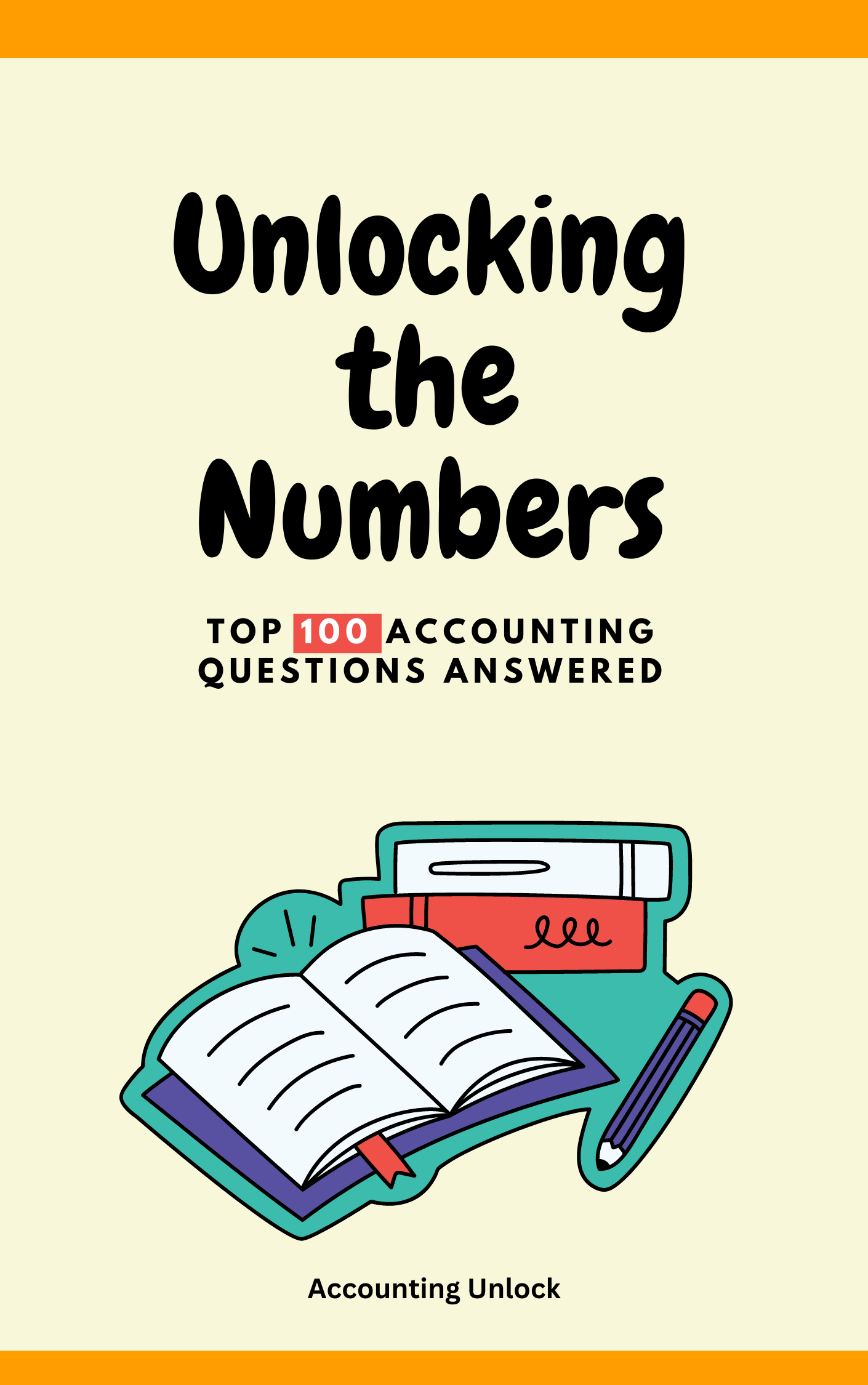Ah, young financial detectives! Ever dreamt of running a lemonade stand so sweet, bees line up for miles? Well, “false accounting” is like a sneaky gremlin hiding in your stand, adding sugar to the numbers instead of the lemonade! Think of it as cooking the financial books, playing tricks with the numbers to make things look sweeter than they really are.
Imagine you’re a lemonade whiz kid with the magic touch, turning lemons into liquid gold. But sometimes, maybe you accidentally overcount your customers, or “forget” to record some expenses like extra sugar or maybe even that fancy new blender you bought. Those sneaky adjustments, the sugar-coated numbers, are false accounting.
Why is false accounting bad news?
- Financial fog: False accounting distorts a company’s true financial picture, making it seem healthier or richer than it really is. Think of it as adding so much sugar to your lemonade that people can’t even taste the lemons anymore!
- Bad decisions: Investors and lenders rely on accurate financial information to make smart choices. If the numbers are false, they might invest in a sour situation, like someone taking a huge sip of your sugar-bomb lemonade and getting a nasty surprise.
- Legal trouble: False accounting is illegal! It’s like stealing, only you’re stealing trust and accuracy from the financial world. And just like any good detective knows, crime doesn’t pay!
How is false accounting handled?
- Detectives on the case: Auditors and accountants have special tools and skills to sniff out false accounting. Think of them as financial bloodhounds, tracing the scent of bad numbers back to the gremlin in the stand.
- Corrections and consequences: If false accounting is found, the company has to fix the numbers and face the consequences. It could mean repaying investors, paying fines, or even facing criminal charges.
- Preventing the gremlins: Companies have systems and controls in place to make sure false accounting doesn’t happen. It’s like putting up a mouse trap for those sneaky sugar-adding gremlins!
Key points about false accounting:
- The illegal manipulation of financial records to misrepresent a company’s financial health.
- Can mislead investors, lenders, and other stakeholders.
- Detected by auditors and accountants, leading to corrections and potential legal consequences.
- Can be prevented through strong internal controls and ethical business practices.
Remember, young sleuths, mastering false accounting is like wielding a magnifying glass for financial truth. It equips you to spot potential deception, uphold ethical practices, and contribute to a healthier financial world. So keep learning, keep questioning, and keep squeezing out the truth, one lemonade cup at a time!





